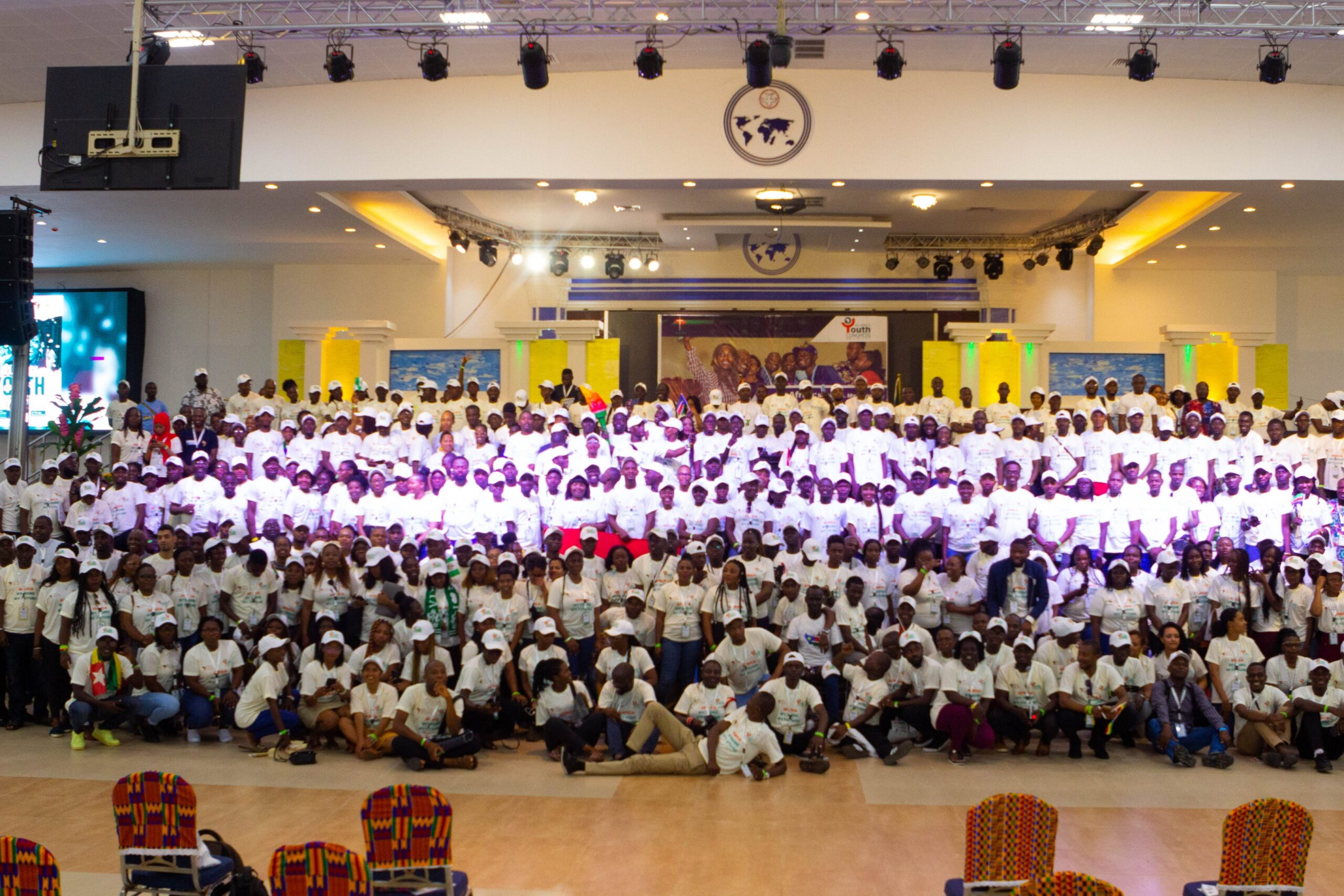The crisis of faith is a complex issue that is affecting the young generation. The Youth in their twenties and late teens are seeking to become human in a world where they are not yet fully human. In fact, most churches today serve the ‘traditional’ adult who has gone off to college, found a job, and gotten married. Churches have more programs for this category of people than the adolescents.
There are less sermons addressing their curiosity and the issues they are dealing with. The youth are not being addressed from the pulpit and for this very reason young Christians are less likely to attend church, however, they are still present.
The on-going debate on LGBTQ+ is affecting this age group. We only see it on the front page of newspapers but not heard it addressed in the pulpit. Why can’t pastors preach about this phenomenon dominating the news?
Our young adults are questioning the very existence of God. Why are the pulpits cowering in fear to preach about these subjects that are shaping our culture today to equip the congregation, and especially the youth, with the whole Gospel?
Bishop JB Masinde, Senior Pastor, Deliverance Church Umoja, says, “The Bible addresses so many issues, the issues of homosexuality is just one of them among many.”
Bishop wonders why the media picks one issue and blames the church. “Homosexuality is not a new vice, it is mentioned in the book of Genesis, and it is as old as humanity,” he says.
As the youth struggle with these challenges and as they look for ways in which their curiosity and questions can be answered, Bishop Masinde suggests that the church ministers must go back to what the Bible says and stick with it.
“The nation is 70 percent youthful, so anyone thinking continuity of ministry must think about the youth in the nation.”
However, the main reason why the young feel lack of involvement according to Pastor T Mwangi of Life Church International, is all because of systems and structures.
“Sometimes when you become the founder of something there are benefits and it becomes hard to hand over because people spend their all on visions. So, sometimes handing over to a person who never paid the price becomes very hard. But the nation is 70 percent youthful, so anyone thinking continuity of ministry must think the youth in the nation, and so it goes with different church structure, system and church traditions.”
To the majority of the young people, the issue to be addressed is the shortage of young ministers in some of the churches. Young ministers who can preach sermons on the pulpit that can impact the youth.
“Of course we have a crisis, when you look at the mainstream churches they have a system of succession of power. The Catholics, ACK, Presbyterian, you realize that the church is not individualistic, the church is a system, there are protocols, you go to the seminary, then you are assimilated both the young and the old. But sometimes you realize some of the major cathedrals are governed by the old but you realize the young are equally there.” Pastor T continues to say; “When you come to the side of Pentecostals, you realize visions are sometimes entrusted to individuals.”
Bishop JB Masinde suggests that the church should identify younger ministers and bring them to a place of ministry and responsibility in the church.
“The youth want to listen to people who resonate with them, who talk to them in a language they understand. It is important for the older senior ministers to bring in young ministers, demystify ministry, and show them that ministry is for them.”
According to Pastor T majority of the churches are accepting that the young are here, their ministry is dynamic, while at the same time acknowledging that there is a leadership crisis.
“Sometimes the challenges with the young is the capacity and the integrity of running a church. Church has power, church has money, church has networks, and church has resources. All these things can make you lose integrity.”
“There is maturity of management and stewardship that is needed among the young not just the ability to preach and the seminary knowledge. That’s why some of the pioneers of visions are sensitive to hand over visions to people that are going to destroy or kill them.”
How to engage the youth
Many churches and ministry leaders are finding effective and creative ways to be on mission and engage in evangelism to reach the youth. Evangelism approaches including concerts, fun games are being considered. There is ample opportunity to reach out to the youth but it will take pastors, ministry leaders to think innovatively, to work in unity and collaboration, and to remain focused on the mission of the church which is to show and share the love of Christ.
Bishop Masinde says with such a growing number of our youth, we should be concerned about their future.
“Jesus Christ the savior of the world, died for the world at the age of 33, not 55, not 70, at the age of 33. Tell me if that’s not a youth? He asked. “If God could entrust the salvation of the entire world to a youth, why can’t we entrust the youth with church leadership?”
He further said, “Among the disciples of Jesus whom he left the responsibility of world evangelization only peter was over 30, the rest were below 30.”
If God could entrust them to carry on with his own work, it is upon us church leaders today, to intentionally, reach out to young people in their twenties and late teens and start entrusting them with church leadership.







